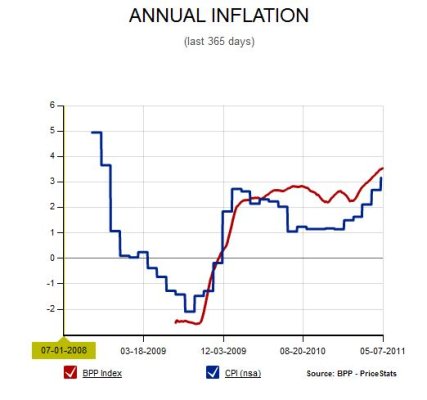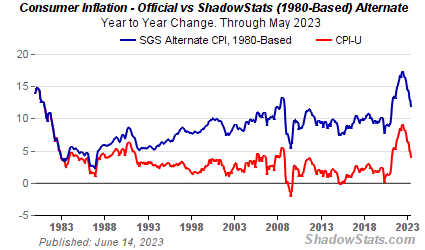Such as? I would very much appreciate one or two to start with, Nords.
My point about "fringe voices" is that we don't realize that they're "on the fringe" until the debate is over and the history books have been written. When you're reading the newspaper headlines, and you don't know how the story ends, then it's very difficult to distinguish the fringe from the mainstream.
"Official history" is also full of "facts" that are not in the majority or even just plain wrong.
This is pulled from my list of library books that I've read over the last few years, so they should still be available. I don't have all the authors at hand but I think the titles are unique.
With that theme in mind there should be something here for everybody.
Start with my favorites:
Triumph of the Optimists by Elroy Dimson, Paul Marsh, and Mike Staunton
and
William Bernstein's "The Birth of Plenty" and "A Splendid Exchange".
Next would be:
"The Lords of Finance" by Liaquat Ahamed, about world fiscal policy during the 1920s... I won't spoil the story by telling you how it ends.
In no particular order there's:
"The Way We Never Were" by Stephanie Coontz, and her followup "The Way We Really Are"
AC/DC: The Savage Tale of the First Standards War. (Edison vs Tesla.)
Influence: The Psychology of Persuasion by Robert Cialdini
Founders at Work: Stories of Startups' Early Days [Hardcover] by Jessica Livingston
The Snowball: Warren Buffett And The Business Of Life by Alice Schroeder
"The Eleven Days of Christmas: America's Last Vietnam Battle" by Marshall Michel
Sudden Sea: The Great Hurricane of 1938, R.A. Scotti, the most destructive natural disaster in U.S. history that nobody remembers anymore
The "What They Didn't Teach You About" series-- particularly the Civil War, WWII, and the 1960s
Origins of the Crash: The Great Bubble and Its Undoing by Roger Lowenstein
Too Big to Fail by Andrew Ross Sorkin
The Big Short by Michael Lewis
BULL! A History of the Boom, 1982-1999. By Maggie Mahar.
1912: Wilson, Roosevelt, Taft, & Debs-- The Election That Changed a Country
Frank Lloyd Wright by Ada Louise Huxtable
"The Showman of the Pacific: 50 Years of Radio and Rock Stars", by Tom Moffatt with Jerry Hopkins
The Wal-Mart Effect, Charles Fishman
"Broken Trust: Greed, Mismanagement and Political Manipulation at America's Largest Charitable Trust", Samuel King & Randall Roth
Marc Freedman's "Encore" and "Prime Time", the parts about social programs of the 1960s and 1970s
iWoz by Steve Wozniak
"Complications" and "Better: A Surgeon's Notes on Performance" by Atul Gawande
The Illusions of Entrepreneurship, Scott A. Shane
Predictably Irrational: The Hidden Forces That Shape Our Decisions, by Dan Ariely
Panic: The Story of Modern Financial Insanity by Michael Lewis
50 Great Myths of Popular Psychology: Shattering Widespread Misconceptions about Human Behavior, by Scott O. Lilienfeld




